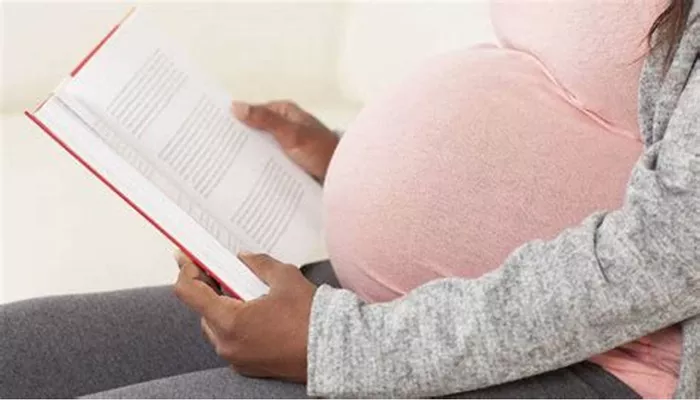The City University of New York (CUNY) has reversed protections for pregnant students at its Graduate Center, a move linked to changes introduced by the Trump administration. The new policies were confirmed by the school in an email obtained by The Guardian on Tuesday.
This shift comes after the Trump administration rolled back protections related to sexual misconduct cases in educational institutions. Under the new CUNY guidelines, employees are no longer required to provide pregnant students with contact information for the coordinator overseeing Title IX compliance—a federal law that prevents sex-based discrimination in schools. Additionally, employees will not have to inform pregnant students about their rights under Title IX.
Despite these changes, the Graduate Center’s office emphasized that staff should still assist students who seek support in these situations. CUNY has not yet responded to requests for further comment but confirmed that the new policies apply across the university system.
In addition to changes regarding pregnant students, the email noted a reduction in the number of employees required to report potential sexual misconduct under Title IX. The Trump administration’s decision to reinstate 2020 regulations on sexual misconduct, which had been criticized for weakening protections, means that schools are no longer obligated to follow the 2024 Biden-era guidelines.
The 2020 regulations, widely opposed by anti-sexual assault advocates, allow schools to delay Title IX investigations and require live hearings with cross-examinations of both accusers and the accused. These changes also narrowed the definition of sexual harassment and excluded study abroad programs from the scope of Title IX.
The Trump administration’s action reinforces a January court ruling that invalidated the Biden administration’s 2024 Title IX changes, which included expanded protections for gender identity and sexual orientation. These updates had been challenged by several red states.
Critics argue that the rollback of protections for pregnant students contradicts claims by Republicans about supporting families. Emma Grasso Levine, senior manager at Advocates for Youth, criticized the move, saying it shows a lack of genuine concern for pregnant people’s rights, despite the administration’s pro-life stance.
Josia Klein, counsel at the National Women’s Law Center, argued that CUNY and other schools can still uphold the 2024 regulations. “Even without the 2024 rule, Title IX is a minimum standard,” she said, adding that schools should follow best practices to protect pregnant and parenting students.
While no other schools have announced similar policy changes, the California Department of Education recently affirmed that its state laws remain unaffected by federal shifts, ensuring ongoing protections for students based on gender and sexual orientation.
A new letter from the Trump administration, signed by acting assistant secretary for civil rights Craig Trainor, further justifies the rollback, referencing an executive order on “gender ideology” that mandates a stricter definition of gender. Critics say these constant changes and conflicting directives leave schools unclear about their responsibilities, ultimately harming students.
Related Topics:


